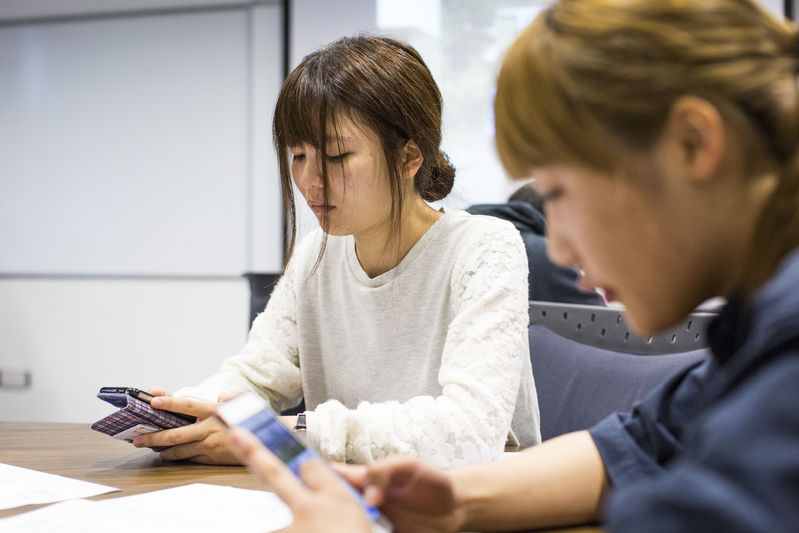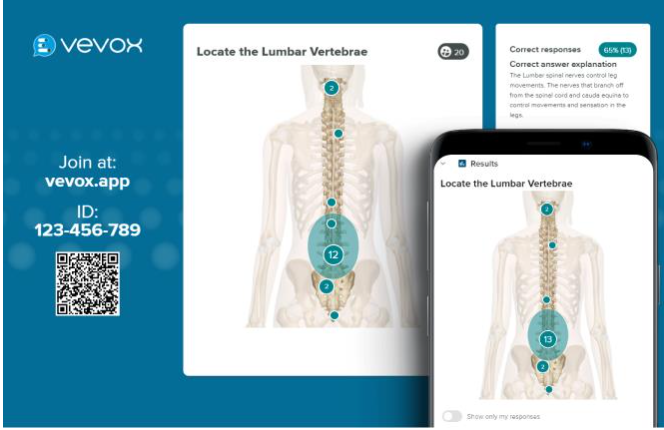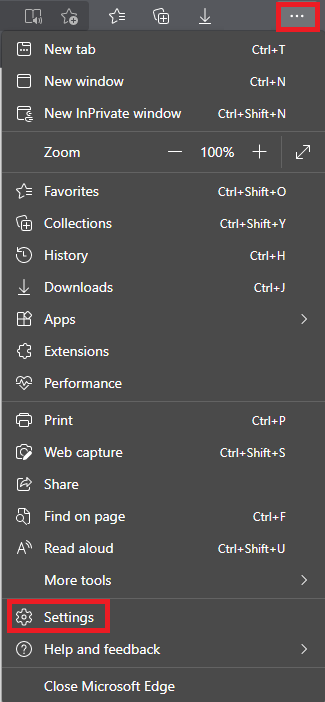
Before the vacation, the Learning and Teaching Enhancement Unit ran their final mini conference of the year.
The theme for the mini conference was using polling software to enhance learning and teaching. If you were unable to make the event then check out the recordings on our Mini Conference webpage.
Since the University procured a licence for Vevox polling software earlier this year, we’ve seen a whole host of colleagues making use of it. In semester 1 1873 polls have been run by 136 staff members with 6485 student responses.
If you want to know more about polling software then we’ve got a Vevox webpage which has all our guidance. Kate and Jim led a webinar for Vevox on our implementation and how colleagues have made use of it in their teaching. Check out the recording on YouTube or Vevox’s own website for other case studies. You can read about Vevox’s latest updates on our recent blogpost.
The conference kicked off with a session run by Dr Christina Stanley from Chester University. Christina gave us an overview of how she’s been using polling software to boost student confidence and promote inclusivity.
Next, our client managers from Vevox, Joe Probert and Izzy Whitley gave us an update on future developments with Vevox polling software and some product enhancements that will be coming down the line.
Then we moved onto colleagues from Aberystwyth University who shared with us how they are using polling in their teaching. Dr Maire Gorman who teaches in the Graduate School and the Physics Department gave us an overview as to how polling software can be used in statistics teaching to facilitate peer learning and inter and intra-cohort bonding.
Next, Bruce Fraser Wight, from the Business School demonstrated how he has been using polling software for ice breaking activity. We were grateful to hear from two of Bruce’s students to find out how they found using polling software.
Finally, Dr Jennifer Wood from the Department of Modern Languages outlined how polling software can be used for language learning and encourage engagement.
If you’re doing something interesting with polling software, we’d love to hear from you for a potential blogpost – drop us an email on lteu@aber.ac.uk.








